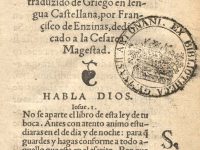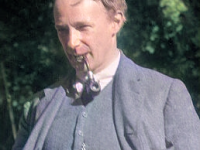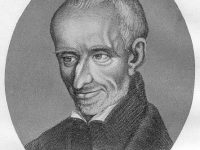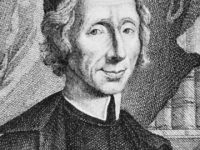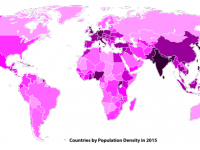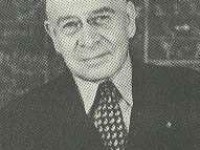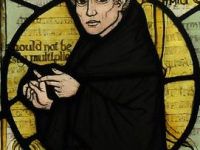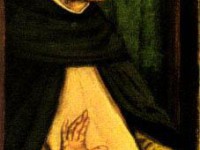Francisco de Enzinas and the Translation of the New Testament
On December 30, 1552, classical scholar, translator, author, and Protestant apologist of Spanish origin Francisco de Enzinas, also known by the humanist name Francis Dryander, passed away. De Enzinas was the first to translate the New Testament from Greek to Spanish. Early Years Francisco de Enzinas was born in Burgos, Spain, probably on 1 November 1518, as one of ten children of the successful wool merchant Juan de Enzinas and his wife…
Read more

